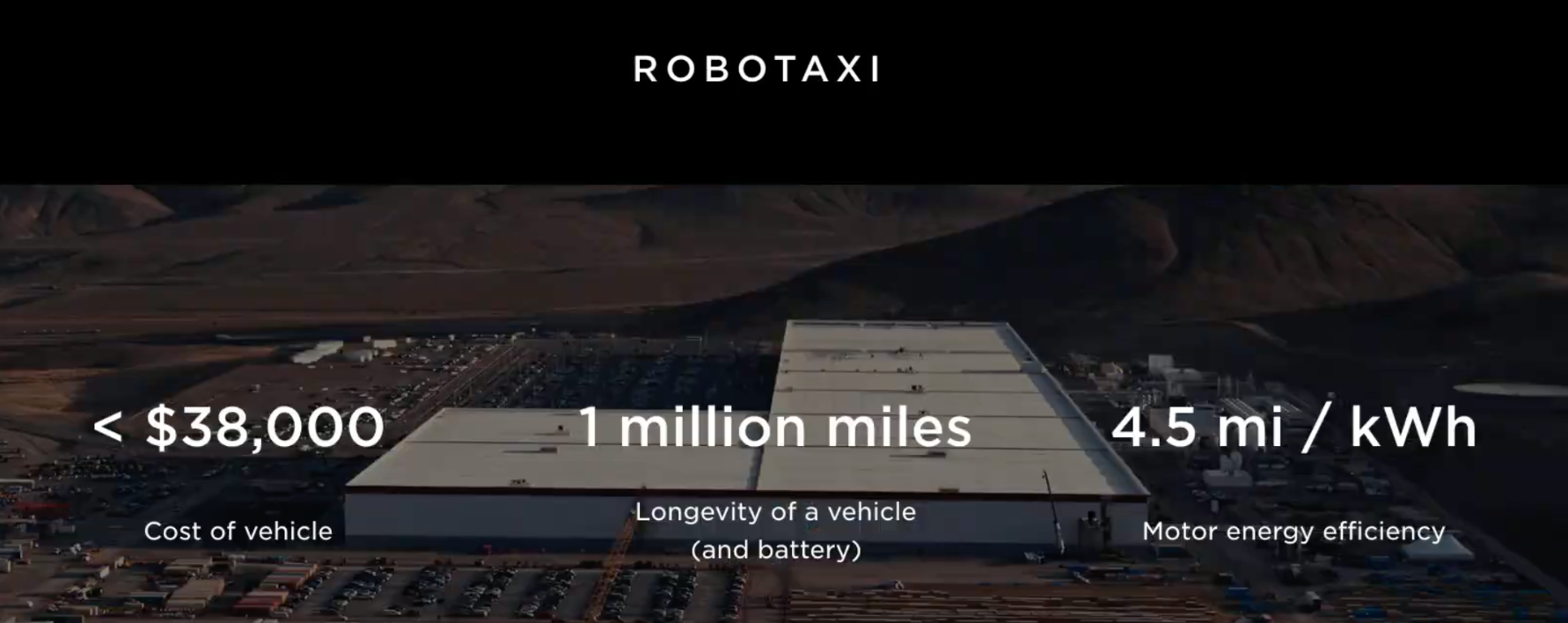Reuters
Strategic rivalry between China and the United States is intensifying and both governments now perceive a system-wide conflict embracing all elements of the economy and society.
U.S. officials are keen to play down analogies between the intensifying strategic rivalry between China and the United States and the Cold War between the United States and the Soviet Union.
They still talk about the potential for cooperation as well as competition and deny U.S. policy is intended to contain China’s development.
But it is clear both governments increasingly view each other as an existential threat to national security and are marshalling their respective countries for a whole-of-economy and whole-of-society conflict.
Both governments are trying to indigenise supply chains, control exports of sensitive technologies and information, and limit investment in sensitive sectors – all of which are being increasingly broadly defined.
The space for cooperation, including information sharing, is narrowing while the surface for confrontation, including energy policy, is broadening.
The result is likely to be a more suspicious and cautious approach to cooperation on energy issues including emissions reductions.
CONFIDENTIALITY CULTURE
“We must … actively cultivate a confidentiality culture that keeps secrets and is cautious,” Zhang Jianhua, the director of the National Energy Administration, said in remarks published on the administration’s website on Aug. 16.
Zhang called for strengthened education and training to prevent negligent leaks and handing over confidential information in the nuclear energy, oil and gas, and other energy sectors.
He warned about the increasing information security risks posed by smart phones, social media and hacking.
But there was also a warning that “foreign hostile forces” are exploiting tensions exposed by the country’s energy transition to step up collection of data and information.
These foreign hostile forces are distorting and slandering the country’s strategic planning, transformation and development to the detriment of security and stability, he said.
Zhang did not name them but appeared to be referring to businesses gathering market intelligence and non-governmental organisations (NGOs) working on energy and climate as well as traditional intelligence services.
The speech is part of a broader economy-wide crackdown on sharing of sensitive information that has intensified in 2023.
The comments are by far the most hawkish from an energy official and suggest the era of relative openness and international cooperation on energy and environment issues is drawing to a close.
Energy and emissions policy is increasingly being framed primarily in national security terms and as part of a struggle with the United States and its allies.
It is likely to lead to much more restricted collection and sharing of information on the country’s energy production, infrastructure, planning and emissions reduction efforts.
It will also squeeze the political space available for foreign-affiliated NGOs and think tanks to operate in the energy and emissions field.
SECURITY FIRST
Zhang noted energy was the “lifeblood of the national economy” and closely related to economic prosperity and long-term social stability.
But he added the international environment has become more complex and hostile and “energy security has become the strategic focus of major power games and political decision-making.”
That environment has undergone profound and complex changes which has increased the complexity and difficulty of national security issues significantly.
Zhang mentioned the conflict in Ukraine; fluctuating energy prices; and “black swan” (high impact, low frequency) and “grey rhino” (obvious but ignored) risks.
None of these warnings about the deteriorating external environment and threats to national security were new and they have all been raised before, including by President Xi Jinping.
But Zhang starkly emphasised that “the struggle between stealing and anti-stealing, infiltration and reverse osmosis, containment and anti-containment in the energy field will become acute.”
ENERGY VULNERABILITY
China is the world’s largest energy consumer. The country is rich in coal resources but despite efforts to increase domestic energy production still imports 70% of its oil and 40% of its gas.
It also has a relatively high proportion of carbon dioxide emissions from energy consumption; suggesting policies to promote a peak in emissions and then a reduction to net zero will be “arduous” the NEA director said.
Zhang called for “sober awareness” of these challenges and correct handling of the relationship between energy supply and energy security.
There were other comments in his statement about the need for “correct understanding”, “rational view” and resolving “practical problems” to support the “smooth and orderly operation of the economy and society”.
In other words, pressure for a rapid reduction in emissions, supported by foreign governments and NGOs, must be tempered by the realities of the country’s resources and its external security.
China’s top policymakers increasingly view foreign pressure for faster emissions reductions as part of a broader containment strategy intended to keep the country on the defensive diplomatically.
Rapid emissions reductions could also deepen China’s import dependence if coal is phased out before renewables and nuclear generation have ramped up, forcing the country to import more oil and gas.
Top officials have made all of these points before, but usually obliquely, and this was the first time energy security and emissions policy was essentially framed as subordinate to national security strategy.
There were the usual comments about increasing national self-sufficiency in energy production to minimise the risks.
Zhang also spoke about the need to boost “self-reliance and self-improvement of high-level technology in the energy industry”, likely a response to increased controls on technology transfer by the United States and its allies.
But most of the remarks were given over to a lengthy call for heightened information security, reduced information sharing and leaks to safeguard China’s energy interests.
John Kemp is a Reuters market analyst. The views expressed are his own
Share This:




